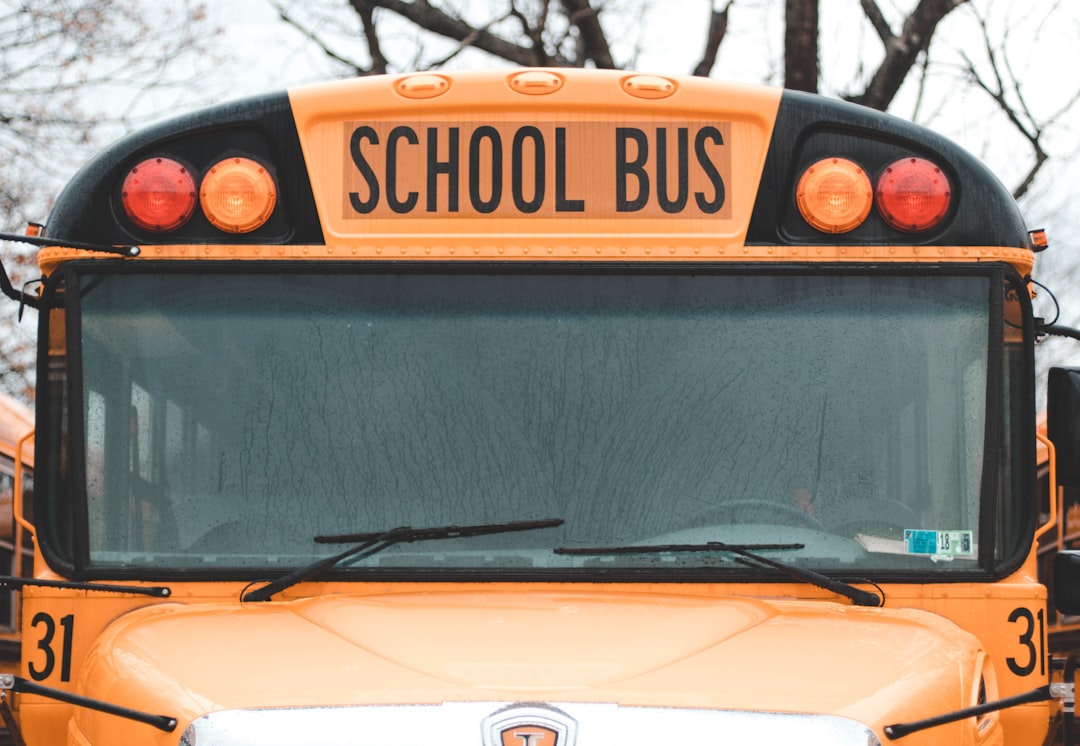Roy Cooper hopes to turn clock back on education fight
But the General Assembly is betting that North Carolina voters have moved on
You’ve got to give Gov. Roy Cooper credit — he’s very good at PR1.
With a five-minute video and a dramatic turn of phrase, Cooper dominated the political discussion over the last week and ratcheted up the pressure on General Assembly leaders seeking to expand school choice for North Carolina families.
I published a piece in the middle of last week breaking down the false and misleading claims Cooper made in his “state of emergency” address. If you missed it on social media, I hope you’ll give it a read:
Gov. Cooper won’t succeed in killing the General Assembly’s school choice bill. It’s overwhelmingly popular and good for North Carolina families. In a Civitas poll last week, 52% of North Carolinians supported the bill, with just 22% opposed.
But that’s not really Cooper’s goal. Instead, he’s trying to build his party’s case for 2024 and reframe the debate around education. He’s trying to resurrect the narrative from the early 2010s that the Republican-led legislature is waging a “war again…



